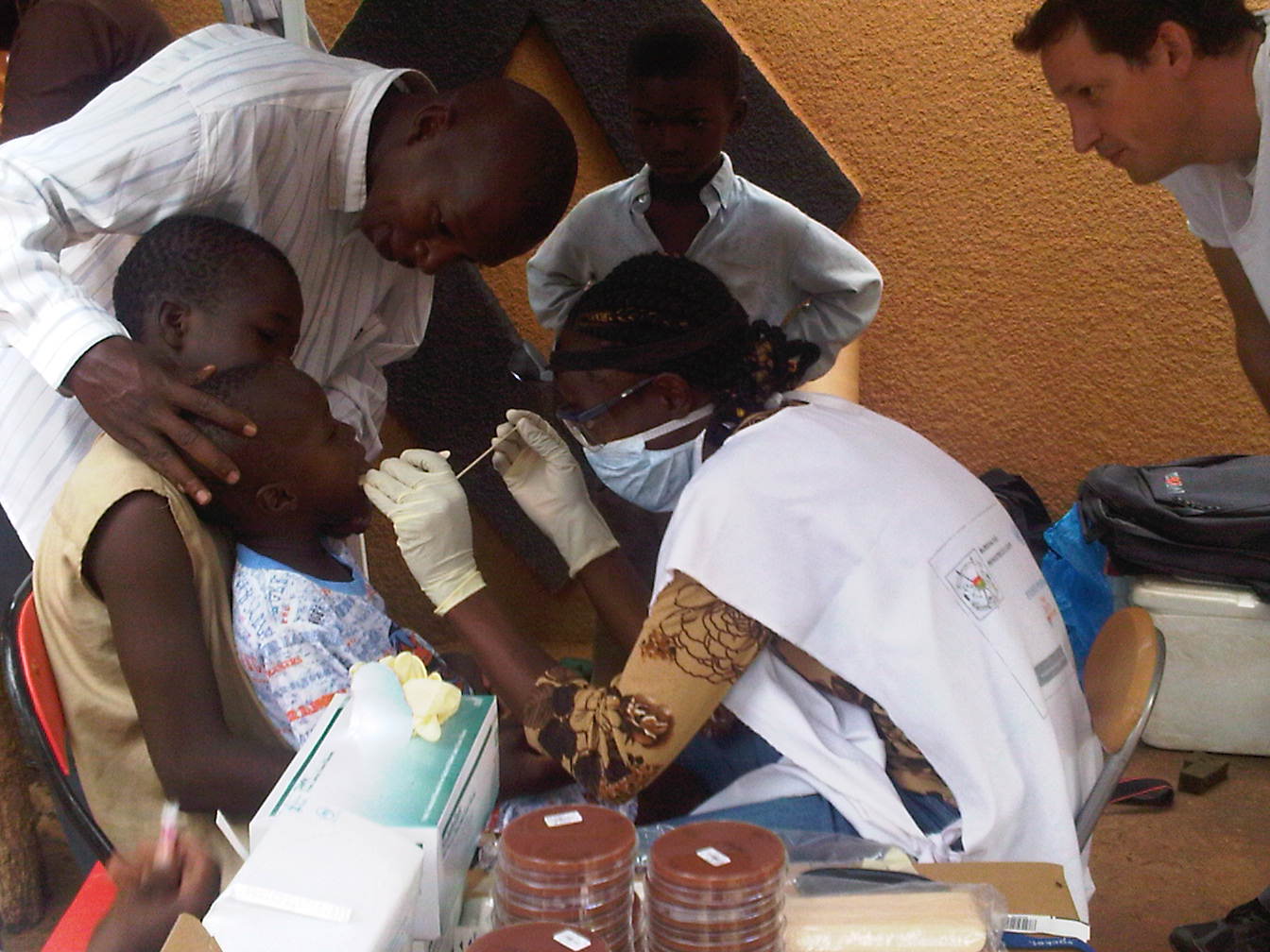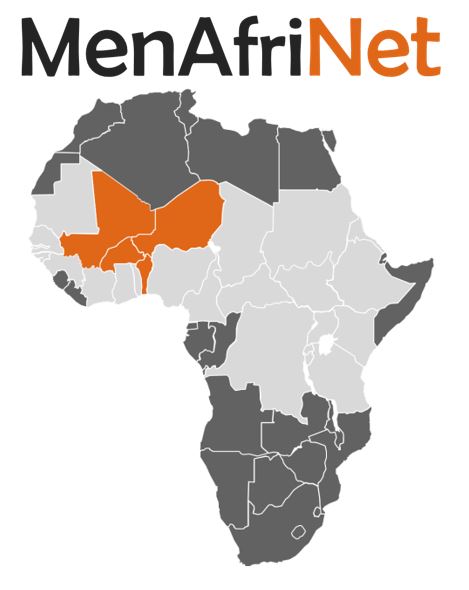You are here
World Meningitis Day: A Step Closer to Eliminating Epidemics
 Sunday, April 24th marks World Meningitis Day; a day to raise awareness about this preventable illness that affects 1 million people annually. In 2001, the Meningitis Vaccine Project (MVP), a partnership between PATH and the World Health Organization (WHO), with funding from the Bill & Melinda Gates Foundation was launched to help eliminate epidemic meningitis in the African meningitis belt. For years, the meningitis belt, which stretches from Ethiopia in the east to The Gambia and Senegal in the west, had experienced large epidemics of serogroup A meningococcal meningitis. To combat these epidemics, a new meningitis vaccine (MenAfriVac™) was developed specifically for Africa through MVP.
Sunday, April 24th marks World Meningitis Day; a day to raise awareness about this preventable illness that affects 1 million people annually. In 2001, the Meningitis Vaccine Project (MVP), a partnership between PATH and the World Health Organization (WHO), with funding from the Bill & Melinda Gates Foundation was launched to help eliminate epidemic meningitis in the African meningitis belt. For years, the meningitis belt, which stretches from Ethiopia in the east to The Gambia and Senegal in the west, had experienced large epidemics of serogroup A meningococcal meningitis. To combat these epidemics, a new meningitis vaccine (MenAfriVac™) was developed specifically for Africa through MVP.
In 2010, MenAfriVac™ was introduced in Burkina Faso, Mali, and Niger through mass vaccination campaigns. Since that time, more than 217 million people in 15 African countries have been vaccinated. The impact of the vaccine was substantial and immediate – no cases were reported in vaccinated individuals in Burkina Faso through 2014 and no outbreaks of serogroup A meningococcal meningitis have been detected despite improved surveillance.

We are grateful to the Bill & Melinda Gates Foundation for its support and to CDC and partners in Africa in helping to advance the prevention of this disease through immunization and surveillance.
To learn more about MenAfriNet, please visit http://www.menafrinet.org.
